Posts
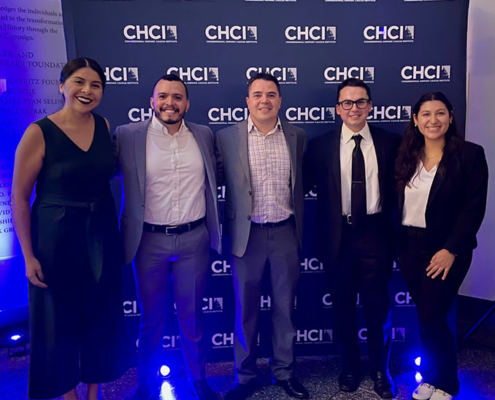
LPPI Shines at the Congressional Hispanic Caucus Institute Conference
by Alise Brillault UCLA LPPI experts and policy fellows were…
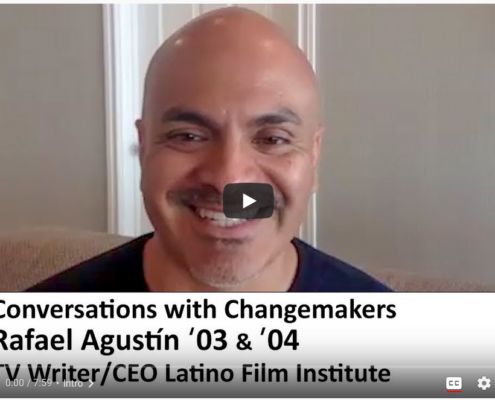
LA Social Science Presents “Conversations with Changemakers” Featuring UCLA Alum Rafael Agustín Discussing Latinx Storytelling
UCLA Alum Rafael Agustín ('03 & '04), TV Writer (Jane…
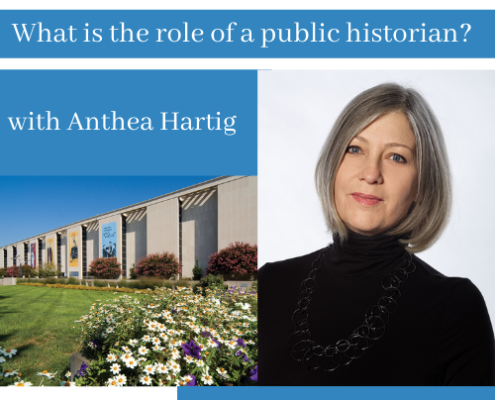
UCLA Podcast “Then & Now” Discusses the Role of a Public Historian with UCLA Alumna Anthea Hartig
UCLA's Luskin Center for History and Policy (LCHP) has continued…
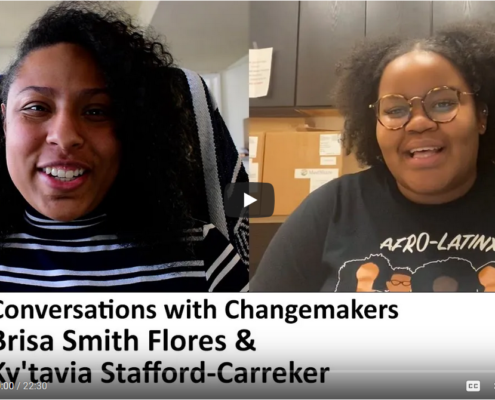
LA Social Science Presents “Conversations with Changemakers” Featuring Students Discussing Afro-Latinx Identity
During Latinx Heritage Month, LA Social Science interviewed…
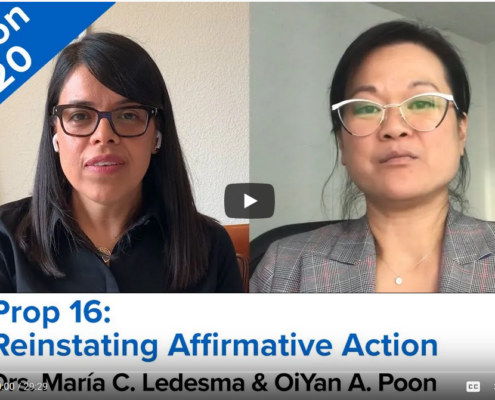
LA Social Science Election 2020: A Discussion with UCLA Alumni Experts About CA Prop 16 to Reinstate Affirmative Action
Two UCLA alumni experts explain the importance of Proposition 16.…
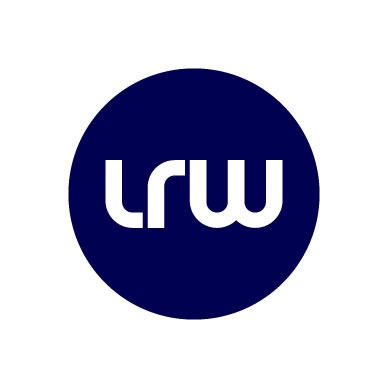
Community Partners in the News: UCLA Alum’s LRW Group Contributes to LA County COVID-19 Study
LRW Group, a local marketing services firm and UCLA Division…
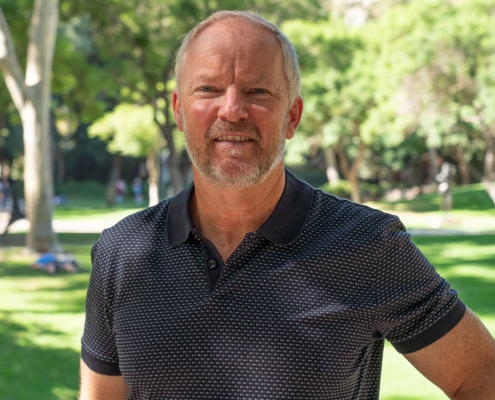
LA Social Science Story: Interview with UCLA Communication Alum Michael Allen, ’86
The LA Social Science e-forum interviewed UCLA Department…
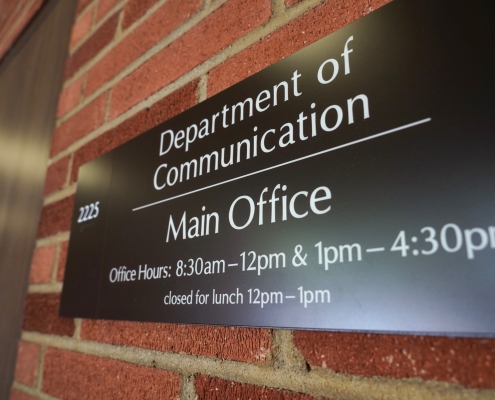
Spotlight on UCLA’s Department of Communication: Alumni Partnerships and a New PhD Program
The UCLA Department of Communication proudly announces rolling…
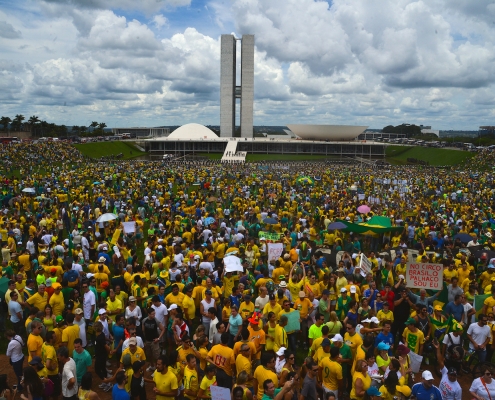
Factors That Influence the Acceptance of Corruption in Brazil
By Sergio Guedes Reis, UCLA Master of Social Science ‘18 Citizens…

Fear Is a Party Animal
By Sarah Gavish, UCLA Master of Social Science ‘18 In…

